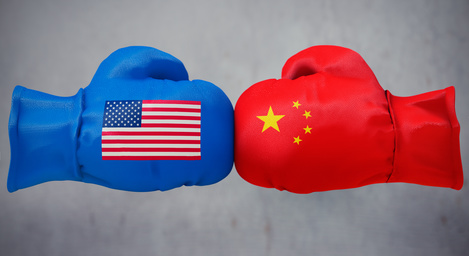Trump Administration doubles steel and aluminum tariffs
by David Fleschen

U.S. President Donald Trump has announced a significant escalation in trade protection measures, raising Section 232 tariffs on all steel and aluminum imports from 25% to 50%, effective June 4. The White House says the move aims to bolster domestic production and national security amid concerns over global overcapacity and "unfair trade practices."
The decision follows a proclamation citing findings from the Department of Commerce that steel and aluminum imports continue to threaten U.S. national security. “The increased tariffs will provide greater support to these industries and reduce or eliminate the national security threat posed by imports,” the statement reads.
While the administration argues the move will stimulate investment and job creation in U.S. manufacturing, international criticism has been swift. The European Commission warned that the tariff hike “undermines ongoing efforts to reach a negotiated solution,” while Canada’s Chamber of Commerce called it “antithetical to North American economic security.” The Canadian United Steelworkers union described it as a direct attack on Canadian workers.
In addition to the tariff increase, Trump accused China of backtracking on trade commitments made during recent talks in Geneva. China’s Ministry of Economy rejected the claim, asserting that it has honored the agreement, while accusing the U.S. of introducing “discriminatory restrictions.”
The new tariff structure will continue to exempt the United Kingdom, maintaining the current 25% rate under the terms of the U.S.-UK Economic Prosperity Deal signed last month. However, these rates may change if the UK fails to meet specific trade conditions by July 9.
Trump’s announcement was paired with the promotion of ongoing investments in U.S. manufacturing, including high-profile commitments from companies like U.S. Steel, Toyota, NVIDIA, and Apple. According to the White House, recent and planned investments now total more than $2 trillion, encompassing industries from automotive to artificial intelligence and pharmaceuticals.
Critics, however, argue the move risks trade retaliation and disruption to international supply chains, potentially raising costs for U.S. manufacturers and consumers. The European Union has indicated it is prepared to respond if negotiations fail.
Source: White House, Photo: Fotolia

